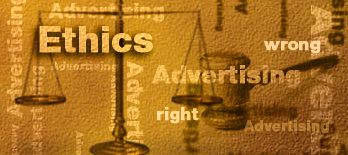For yearbook students and advisers, awareness of legal issues is essential in balancing rights with responsibilities. They need to know media law and how to find out more about media law.
What’s the big deal about libel and school yearbooks anyway? In the history of the United States, there is no reported court decision anywhere that a high school has been held libel for content printed in its student media, according to the Student Press Law Center in Arlington, Va.
The first thing you, as a student journalist, should know about the law is that you should know more than about the law. You also should understand the peripheral areas of the law.
For example, a yearbook editor may think the law protects his decision to include a photo of a student holding a gun in the yearbook. After all, why can’t a feature on student interests include a hunter and National Rifle Association enthusiast?
Sometimes, having the law on your side is not enough. You also may need to be proactive toward possible adversaries.
For example, let’s say you plan a yearbook feature about leisure activities, and you want to include an action photo of a student who is hunting. He’s pointing a gun, and you know that your principal may take issue with the coverage – a student using a weapon in the school yearbook.
In journalism class and on the yearbook staff, cover ethics first.
While understanding law – copyright, libel, invasion of privacy, obscenity, business issues, students’ rights – is important, good ethics help curb abuse of rules and the law and guide staff behavior toward noble goals. Ethics are the key in balancing student rights with responsibilities and respect.
As anyone who has ever struggled to drive within the speed limit can tell you, the law can be both a friend and a foe. It sets parameters for acceptable behavior that can help make the world run more fairly, smoothly and safely. But it can also limit our freedom, forcing us to follow someone else’s rules or pay a price for ignoring them.
These are generally ineligible for copyright because they lack the necessary originality and creativity to distinguish them from the ideas they represent. For example, the words in the well-known airline slogan, “Some people just know how to fly” cannot be copyrighted and, therefore, could be used as a headline or caption in coverage of the school track team.


